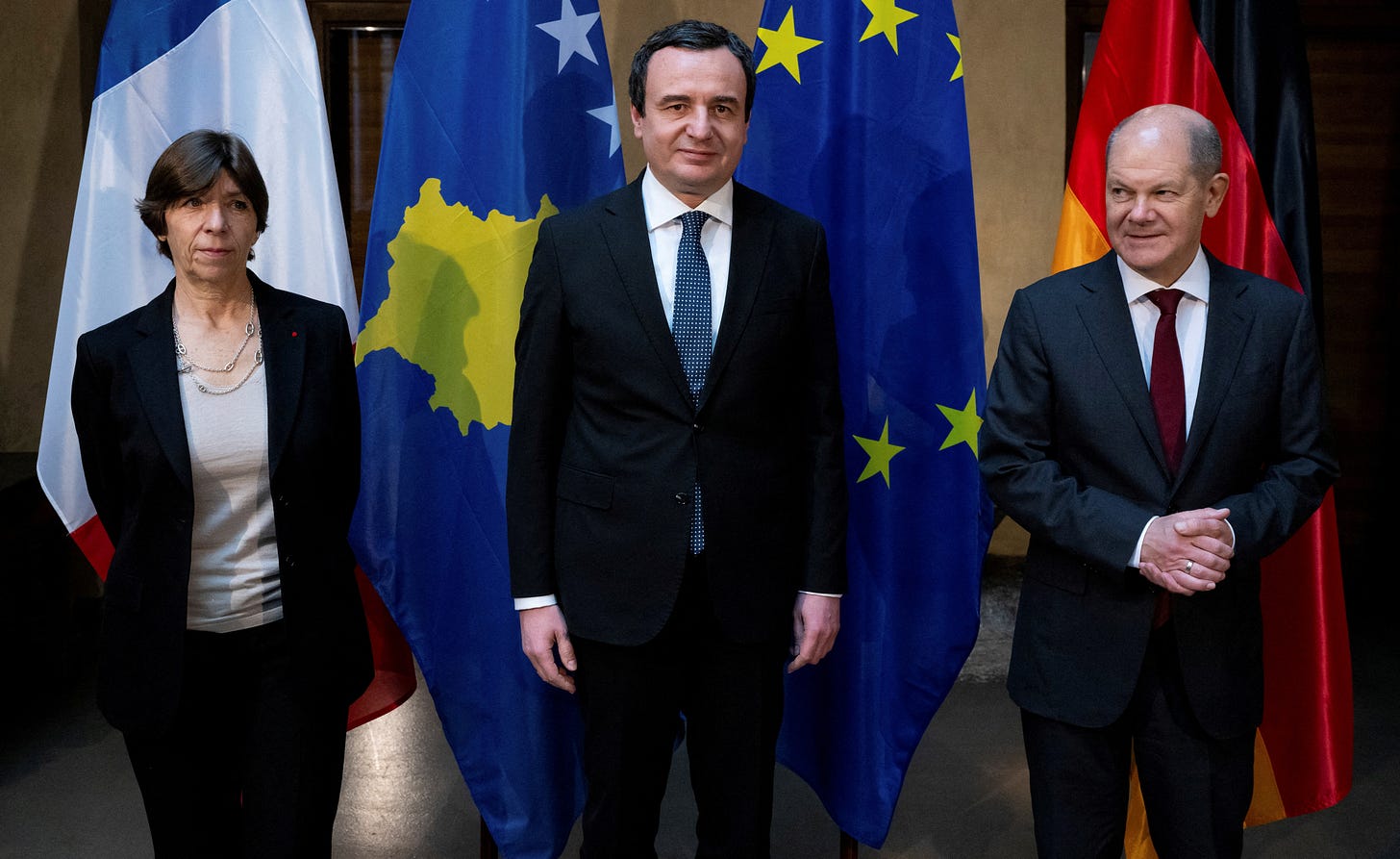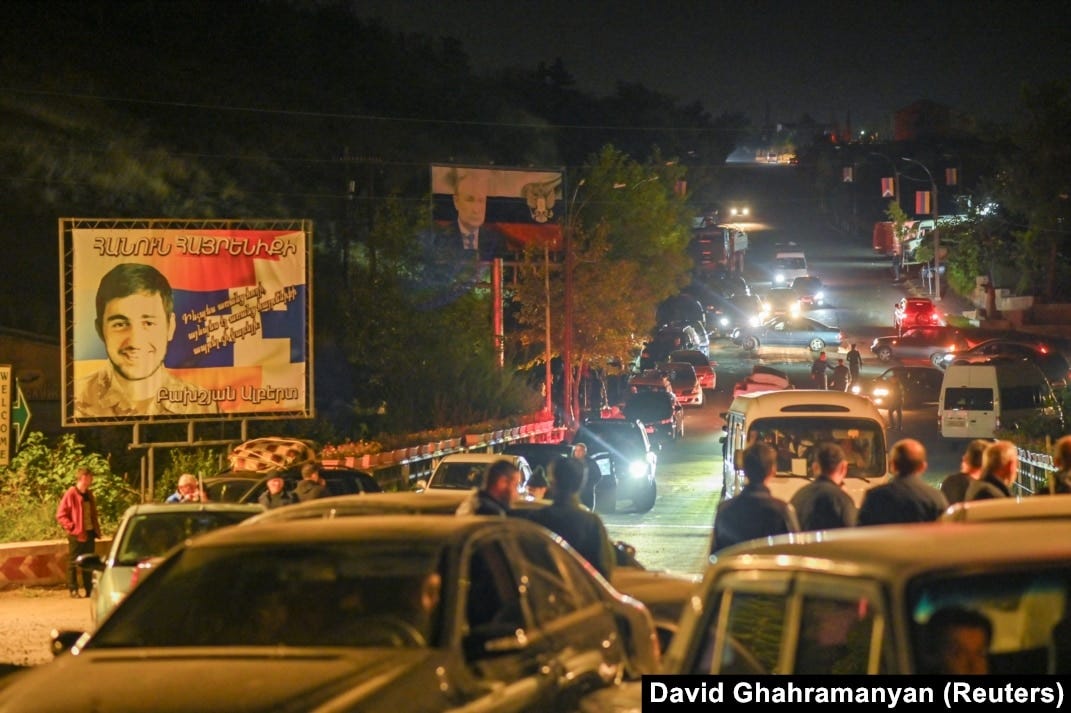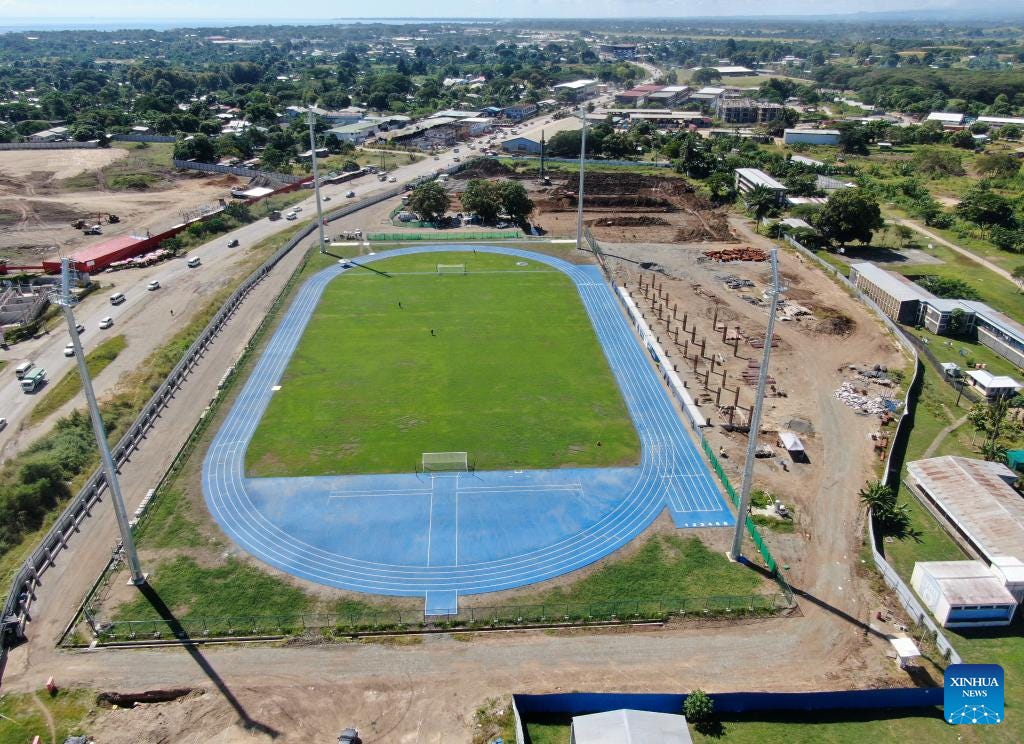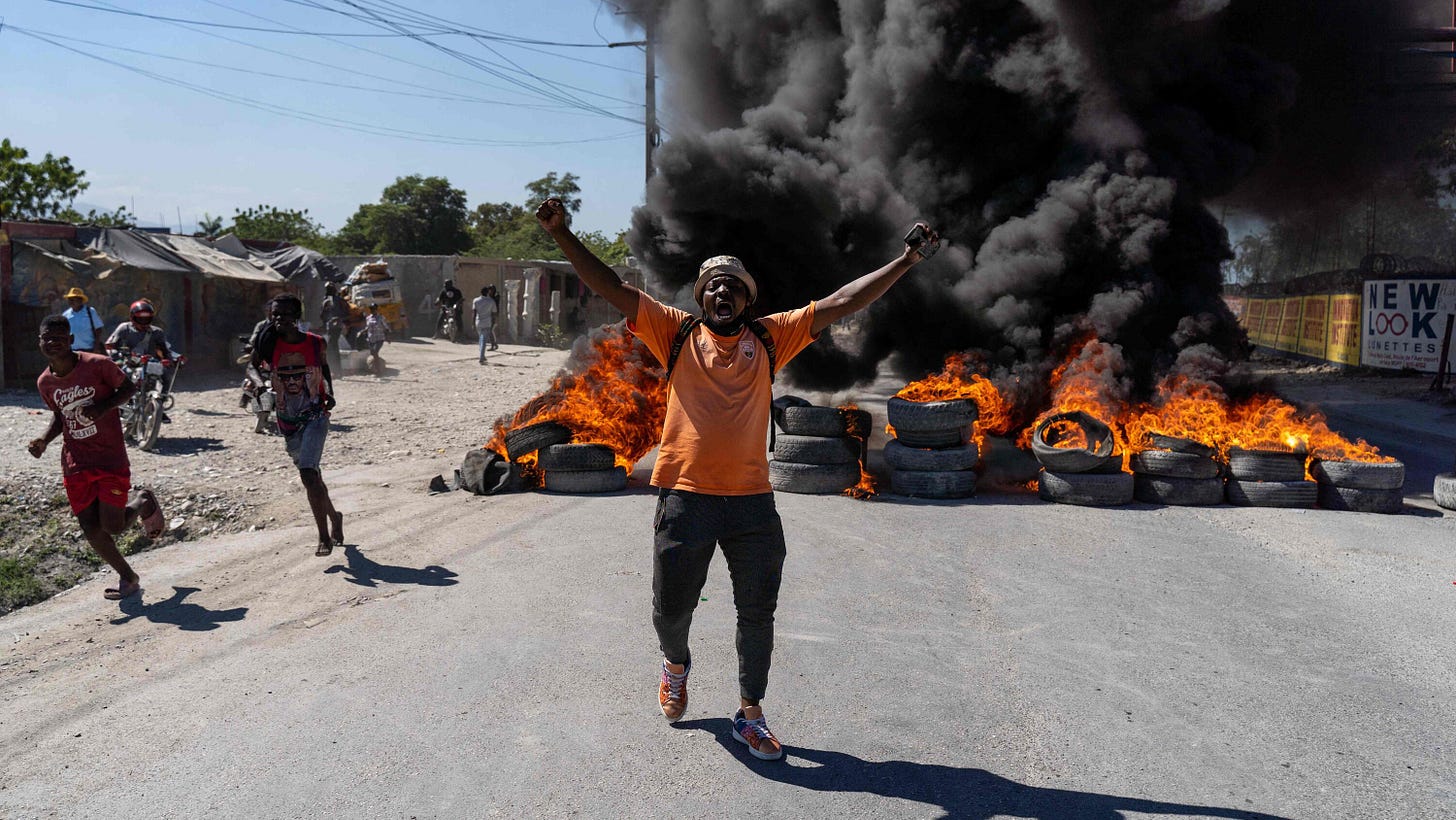Flashpoints 2024
The second annual summary of where history will be made around the world
A year ago, I wrote summaries of a handful of under-discussed geopolitical flashpoints around the world that I anticipated would be important in 2023. I intentionally avoided the obvious Russia-Ukraine and China-Taiwan flashpoints to instead examine Serbia-Kosovo, Azerbaijan-Armenia, Haiti, and the Solomon Islands. Indeed, each of these had significant developments, many of which I anticipated a year ago. This year, I will update the situation in each, all of which I continue to believe will be central to global geopolitics.
As a reminder, Kosovo is an under-recognized country of mostly ethnic Albanian Muslims that declared its independence from Serbia after a 2008 intervention by NATO intended to prevent ethnic cleansing by the Serbs. Serbia considers Kosovo part of its own territory. Serbia and its claim to Kosovo have historically been backed by Russia, however this backing has waned as Russia became entrenched in its war in Ukraine. All the while, both Serbia and Kosovo are seeking membership in the EU, and the EU has predicated any membership on mutual recognition between the two countries.
In 2023 the two countries initially faced escalating tensions followed by early rapprochement, while both continue to draw closer to the West. Tensions peaked in April, when Kosovo held municipal elections that were boycotted by ethnic Serbs. This boycott then resulted in ethnic Albanians being elected to govern even the ethnic Serbian parts of Northern Kosovo, which led to violent protests between the ethnic Serbs and NATO (“KFOR”) peacekeepers. The EU has maintained pressure on Serbia to normalize relations with Kosovo, and there are some early signs that this is bearing fruit. For example, Serbia has agreed to recognize license plates from Kosovo so that their citizens can travel between the countries. Meanwhile, the EU has permitted Kosovo to join the Schengen visa-free travel zone. Both countries seek to align with the West, and the West rewards peaceful normalization with the promise of greater integration.

Armenia and Azerbaijan face a similar situation, as both have historically had ties to Russia, but these have faltered as Russia is bogged down by their adventurism in Ukraine. Armenia has made the most dramatic change, shifting alliances to the West and distancing itself from Russia after it was the USA rather than Russia that came to its aid following Azeri incursions into Armenia in 2021. In a sign of Armenia’s shifting alliances, this year alone it sent aid to Ukraine, began military drills with the USA, and refused participation in the CSTO (Russia’s version of NATO).
However, Russia’s waning influence and Armenia’s warming to the West was seen as an opportunity by Azerbaijan. Russia has historically protected an autonomous population of ethnic Armenians in Azerbaijan’s Nagorno-Karabakh territory. With Russia’s protection in doubt, Azeri forces led a crackdown on the Nagorno-Karabakh region, leaving hundreds dead and tens of thousand more fleeing their historic homeland for Armenia. The unrecognized Nagorno-Karabakh Republic announced its dissolution and Armenia accused Azerbaijan of ethnic cleansing.

Yet in the aftermath of this upheaval, Armenia-Azerbaijan relations may unexpectedly have a chance at stability. The heads of state of each country recently indicated support for a tentative peace treaty that could represent the end to their three decades of conflict. This would be a major blow to Russia, which thrived on the chaos between the countries, playing them off against each other and fostering their security dependence. Likewise, the normalization of relations between a West-leaning Armenia and Azerbaijan also isolates Iran, which regards Azerbaijan as a “lost province” to be returned by force, and could help cool relations between Azeri-aligned Turkey and Armenia, which have been fraught due to the Armenian genocide. In sum, peaceful co-existence and normalization between Armenia and Azerbaijan could come in 2024 and would be a welcome point of calm in a world of escalating tensions.
Last year, I highlighted Haiti and the Solomon Islands as two countries that once shared a common peculiarity: both had formal diplomatic relations with Taiwan rather than China, highlighting the strong Western alignment of the two countries. This happy coincidence ended in 2021, when the Solomon Islands’ Prime Minister switched allegiances to China, leading to violent protests in his country and dissent from lower level officials on the sparsely populated island. Yet the country reaped rewards: China made huge infrastructure investments ahead of the Solomon Islands’ 2023 Pacific Games, granted loans for cell towers, and (most concerning to Western powers) inked a secretive security pact replacing the islands’ prior security assistance from Australia. This pivot to China demonstrates Beijing’s desire to gain a military and economic foothold in the Pacific that has traditionally been aligned with the West.

In 2023, Western countries tried to re-establish a presence in the Solomon Islands, but in many instances the China-aligned Prime Minister resisted: even the US’s planned re-opening of the Peace Corps has been mired in delays to placate China and to convince their population of neglect by the West. Yet, the Prime Minister has relented in other instances: after stating that he would not allow China to open a military base on the islands, the United States agreed to re-open its embassy and provide other aid. And alas this is all coming to a head, as the pro-China Prime Minister of the Solomon Islands is facing re-election in early 2024 (having already delayed the election from 2023) on an anti-Western platform and amid accusations that corruption with China is shoring up his cling to power.
Of all the countries I mentioned last year, the situation in Haiti has had the fewest developments, as the country continues to be overrun by gangs following the 2021 assassination of the President. Many of these gangs have affiliations with government officials themselves, who have in turn faced sanctions by the US and Canada. Meanwhile in the midst of natural disasters, the Haitian government (currently led by the Prime Minister following the President’s assassination) has pled for international intervention, and the UN Security Council has agreed to send a multinational security force. The United States continues to be the largest contributor of humanitarian aid to Haiti, yet a near term prospects for stability appear fraught.
Each of these geopolitical flashpoints are immensely revealing of the great power struggle between the US-led allies and the China-led axis. While the Armenia-Azerbaijan and Serbia-Kosovo flashpoints seem to underscore the gravitational pull of Western prosperity and neoliberal norms, a wayward Solomon Islands highlights China’s growing ambitions and influence, and a chaotic Haiti reflects the limits of Western and NGO-mediated stability. Overshadowing this are the obvious conflicts in Gaza and Ukraine, and the prospect of a truly massive war should China choose to invade Taiwan. If that wasn’t enough, so much hangs in the balance on elections in 2024: not just in the Solomon Islands, but in Taiwan where independence-maintaining and China-leaning candidates clash, and in America where an aspiring autocrat is likely to face off with an unpopular but successful moderate incumbent in a contest that will have reverberations for democracy around the world.


